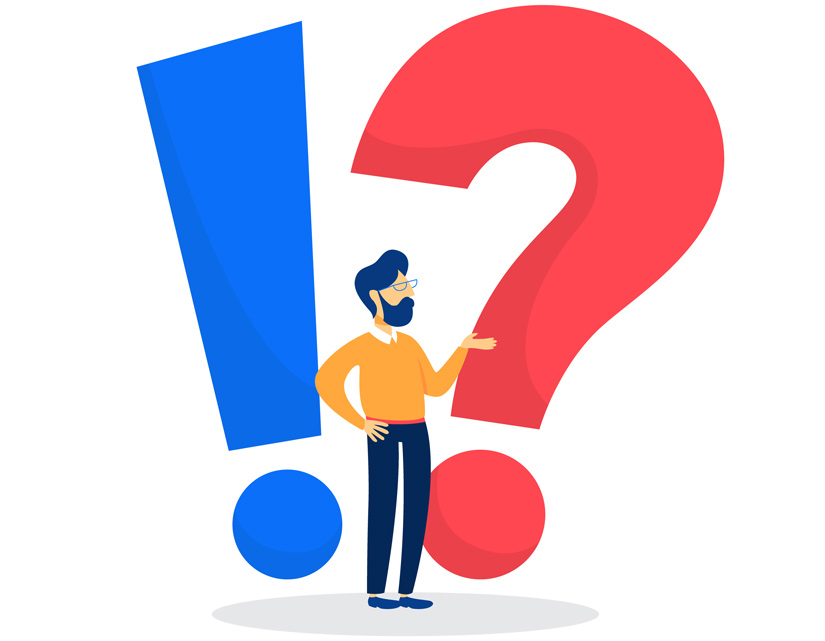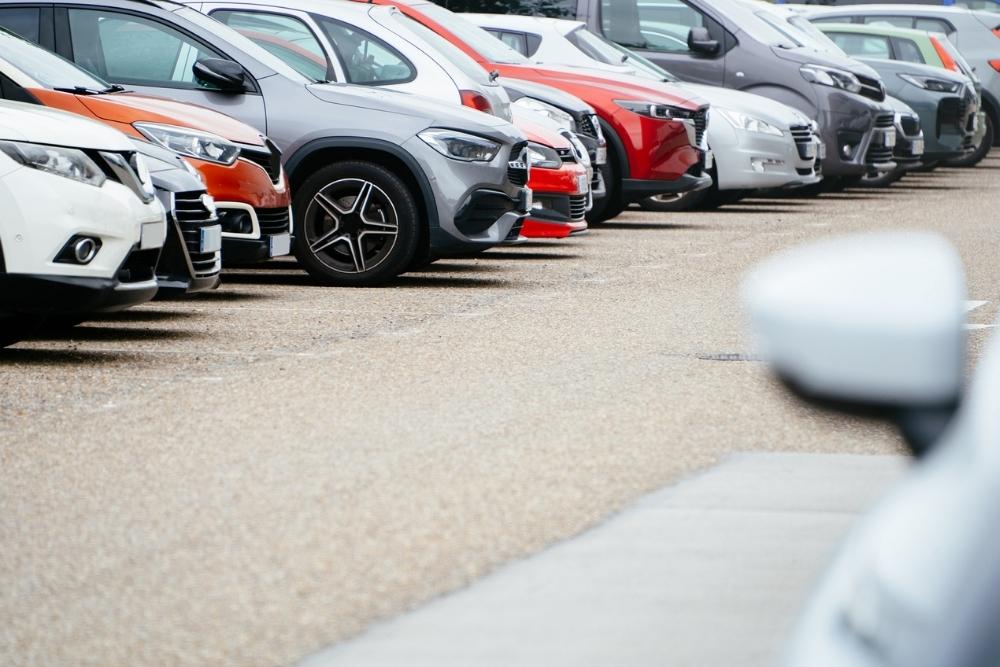It is undeniable that society’s attitudes about marijuana (also called cannabis) have been rapidly changing over the last several years.
A Shift in Perception
As of this writing, 15 states have made cannabis legal for recreational use (we should note that Kansas is not one of these states) and many more have made it legal for medicinal use (Kansas is one of these states).
It might be tempting to think that the push toward the legalization of marijuana means that the drug is not dangerous in any way or that you cannot develop a substance use disorder related to it. But neither of those things are true.
Even if all 50 states were to legalize recreational use of marijuana, that would not change the fact that use of the drug can lead to negative outcomes—including the development of a substance use disorder. It might help to remember that alcohol is legal in all 50 states—and enjoyed responsibility and without issue by many, many people—but no one would deny that alcoholism is a possible outcome of indulging. An addiction to marijuana can be an issue for some people in a similar way.
But Wait! I Thought Marijuana Wasn’t Addictive
There is a perception—one that is not wholly incorrect—that marijuana simply is not an addictive substance. It is true that use of cannabis does not seem to lead to the same sorts of dire physical addictions associated with other drugs like nicotine or alcohol or opioids.
That said, it is still possible to develop a substance use disorder centered on marijuana. One of the ways we know this to be true is that people who stop using the drug experience withdrawal symptoms, indicating that at the very least they have developed a psychological dependence on cannabis.
But more than just psychological factors are in play. The brain of a marijuana user becomes used to receiving regular doses of THC—tetrahydrocannabinol—the ingredient in marijuana that produces the high. Deprived of THC, the brain—and by extension, the body—lets a user know that it would like its supply reintroduced. It does this via withdrawal symptoms.
Those withdrawal symptoms may include:
- Strong cravings for marijuana
- Mood changes, including irritability
- Headaches and loss of focus
- Increased sweating or chills—or both in the form of cold sweats
- A reduced appetite and stomach issues
- Trouble sleeping
- Increased symptoms of depression
In many cases, these symptoms will be fairly short-lived. Still and all, it can be a good idea to talk with a physician or therapist about your decision to try to give up cannabis. They may be able to provide advice and support that will make it more likely you can stick with your decision to stop using marijuana.
It is also possible that you may need more intensive support to follow through on your desire to live free of marijuana. This may be particularly true if you are using additional drugs or also struggling with alcohol. Options may include a rigorous outpatient program or going through detox and rehab in an inpatient setting. In either case, support groups and ongoing therapy are likely to be essential parts of your recovery—especially if an underlying, co-occurring mental health disorder is contributing to your problems with marijuana.
A Note About Pop Culture and Marijuana
As attitudes about marijuana have been shifting, the drug has taken a prominent place in our popular culture. Without too much trouble at all, you can probably think of a celebrity or two (or, heck, twenty) who is a known pot smoker. Taken in combination with changing laws around the country, this may reinforce the notion that marijuana is just not a big deal. But the relevant question is more personal. Is marijuana a big deal for you? If so, it is in your best interest to set it aside.
We Can Help You Weed Out a Substance Use Disorder
At Bel Aire Recovery Center, we are ready and able to help you put your substance use disorder behind you so that you can begin your recovery journey with confidence. Despite its somewhat innocuous reputation, we know that giving up marijuana can be a true challenge. We will develop a personalized treatment plan that will help you achieve your goal while also providing support and resources to help you move forward. From the highs to the lows, the staff at Bel Aire Recovery Center will see to it that you get the care you need.




